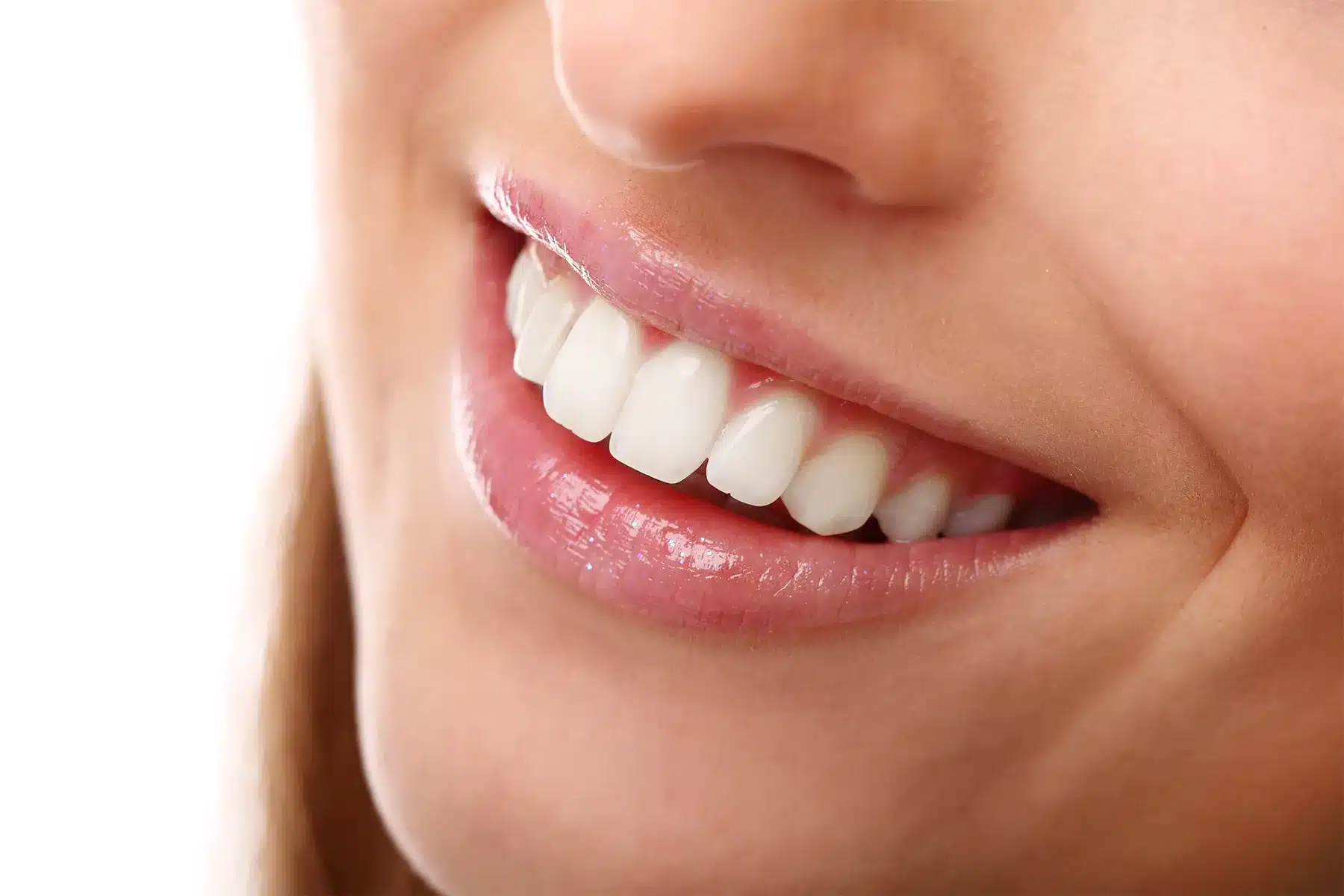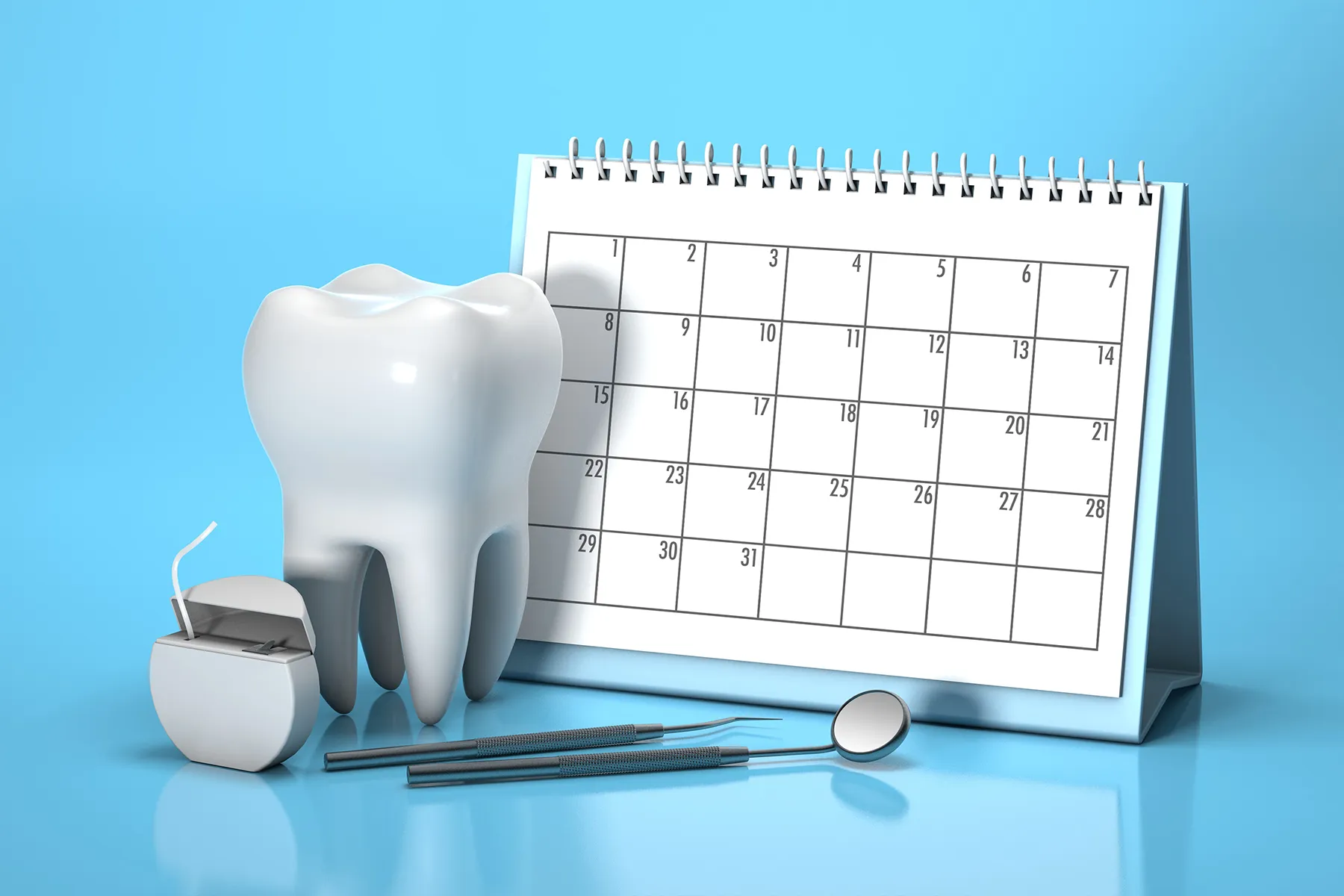
Don’t Forget Your Mouth. Five Ways to Happier Teeth in 2017
At this time of year, many of us make an effort to be healthier. After the indulgence of the festive season, it’s that time when we sign up for gym membership and put the selection boxes to the back of the cupboard. It’s great to try and cut down on fatty foods and get in shape, but what about your teeth and gums? When you’re trying to stick to resolutions, spare a thought for your mouth. Dental health is really important too! Here are five ways you can achieve healthier teeth in 2017.
- Change your toothbrush. Be honest. When was the last time you changed your toothbrush? If you can’t remember, it’s probably high time you invested in a new brush or swapped the brush head. Ideally, you should switch brushes every 3-4 months. If the bristles are worn or damaged, this can affect its cleaning capabilities.
- Brush properly. Are you one of those people who sometimes flashes a brush around their teeth and hopes for the best? If so, make it your mission to hone those brushing skills. Brushing is your best form of defence against plaque and tartar. Take care to cover every tooth, and set a timer to make sure that you’re brushing for long enough.
- Use fluoride toothpaste: fluoride is a mineral, which is often found in toothpaste. It has oral health benefits because it helps to strengthen the enamel surface. This helps to reduce the risk of decay and prevent cavities from forming.
- Stop snacking! Snacking is bad for your waistline, but it’s also harmful for your teeth. When you eat, your enamel becomes softer, and it takes around an hour for it remineralise and recover. If you snack all day, your teeth never have chance to recover, and the risk of damage and decay is elevated.
- Call and make a dental appointment. If you do anything in 2017, make sure you visit the dentist regularly. If you haven’t been for a check-up in the last nine months, call and make an appointment now. Research suggests that people who attend regular dental checks are up to 60 percent less likely to suffer from decay and gum disease than those who avoid the dentist.

